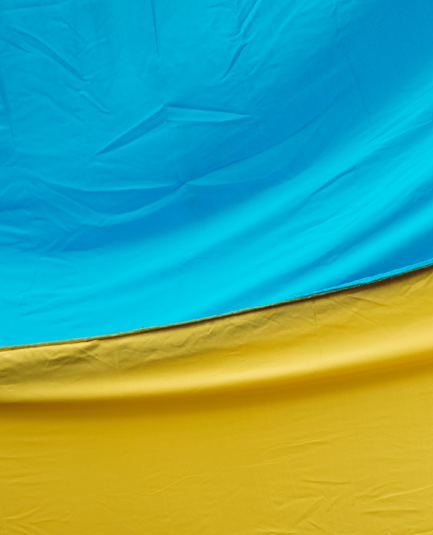L’Europe face à la Russie: quel avenir pour la stratégie des sanctions?

L’éternel procès des sanctions européennes
Depuis que l’Union européenne a adopté son huitième et dernier train de sanctions contre la Fédération de Russie, elle est, encore une fois, sous le feu des critiques. Pour les partisans enn France d’un rapprochement avec la Russie, la stratégie des sanctions serait illégitime ; de plus, les effets de cette stratégie seraient faibles ou même contre-productifs ; enfin, le renforcement régulier des sanctions indiquerait que l’Union européenne est désormais dans l’impasse et ne sait plus que faire de cet outil.
Le procès intenté contre la stratégie des sanctions de l’UE est en fait un procès contre les efforts des Européens pour peser sur la scène internationale. Les sanctions sont aujourd’hui le principal outil dont s’est dotée l’Union pour faire sentir sa puissance à l’extérieur et assurer sa cohérence stratégique à l’intérieur. Dans le débat récurrent sur les sanctions, il convient donc de rappeler plusieurs éléments : d’une part, l’Union européenne est parfaitement fondée à déployer une stratégie de puissance par le biais de sanctions sectorielles et individuelles. Étant donné l’état embryonnaire de sa puissance militaire, elle ne peut que se tourner vers cet outil de contrainte économique afin de promouvoir ses intérêts. D’autre part, ces sanctions produisent des effets conséquents sur la Russie même si elles ne peuvent, à elles seules, faire changer immédiatement le cours de la politique extérieure russe. Autrement dit, les sanctions aggravent la récession actuelle du pays mais n’arrêteront pas les missiles. Enfin et surtout, les sanctions sont le meilleur instrument dont l’Union dispose pour préparer la suite du conflit : grâce à elles, les Européens entreront en position de force dans les négociations qui devront s’engager avec la Russie pour assurer la sécurité de l’Ukraine en particulier et la stabilité du continent en général. L’efficacité de l’outil des sanctions sur le plan stratégique ne doit pas pour autant occulter les conséquences négatives de celles-ci sur les économies des Etats-membres. En effet, ces sanctions ont un effet inflationniste évident. Même si l’inflation a été déclenchée au troisième trimestre 2021 selon la BCE, l’inflation constatée en 2022 dans tous les Etats de l’Union a été accentuée par les sanctions. Cette inflation handicape le redémarrage des PIB de l’Union : ainsi plusieurs pays ont vu leur croissance réévaluée à la baisse par la BCE et la Commission européenne pour 2022 et 2023. Les effets récessifs et récessifs de ces sanctions sur l’Union sont le prix à payer pour l’influence stratégique du continent.
Ni arme absolue, ni outil diplomatique idéal, la stratégie des sanctions est aujourd’hui la façon la plus sûre, pour les Européens, de peser sur les relations au sein de leur propre continent. À mi-chemin entre la coercition du hardpower militaire et l’influence du softpower culturel, la stratégie des sanctions est le principal moyen dont dispose l’Union aujourd’hui pour établir un rapport de force stratégique.




